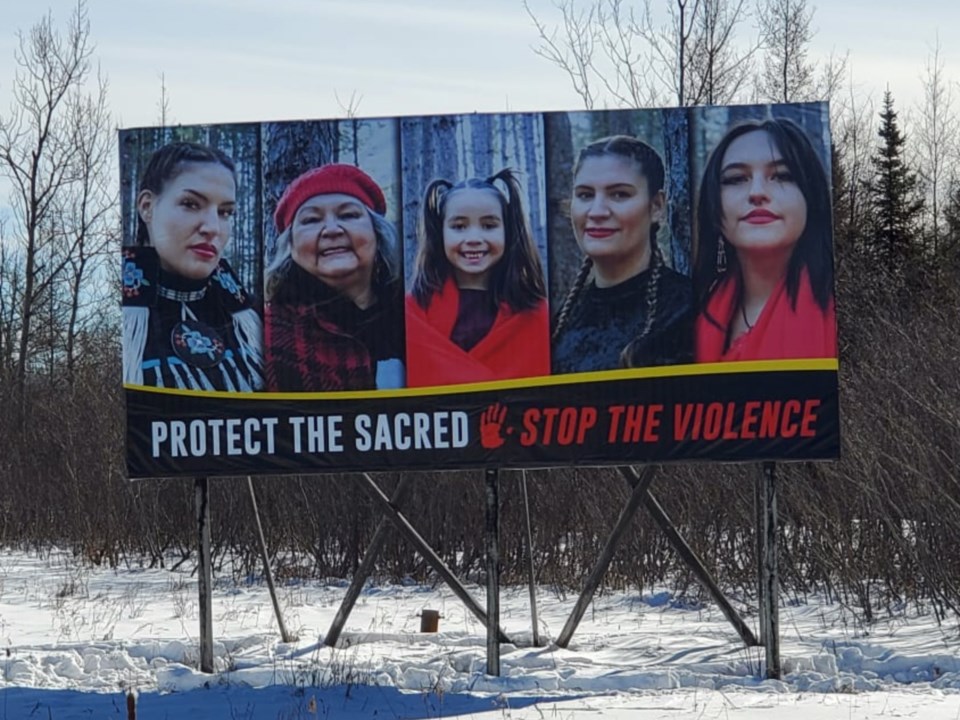A survivor of sexual exploitation shared her story during Sault Ste. Marie’s annual Missing and Murdered Indigenous Women, Girls and Two-Spirit Plus (MMIWG2S+) event Monday.
This year’s virtual event featured Bridget Perrier, an Indigenous woman who has dedicated her life to educating the public about sexual exploitation and providing support for those caught up in the cycle of prostitution.
“Everyone says you choose prostitution, and I don’t believe that. I believe that prostitution chooses you based on child trauma, and I was a perfect candidate for prostitution,” she told participants during her virtual presentation.
Perrier was adopted out before being sexually abused by a friend of her adopted family at the age of eight, only to be given back to children’s aid at age 11 after exhibiting behavioural issues in her adopted home.
She was sent to a group home for girls at age 12, where she was groomed for the sex trade within three or four months by girls at the home who were older than her.
“One of the girls had already been experienced in the sex trade. She introduced me to an old man, and his thing was he liked the new girl experience,” she recalled. “So, we all manually stimulated him and the more you giggled, the more money was left under the Kleenex box - and it just opened up.
“Wow, I can make $400 and really have to do nothing.”
Perrier was subsequently recruited by a madam who owned brothels in Halifax and Thunder Bay, where she would service people when she was between the ages of 12 and 14 years old.
“Some of the women that worked in the brothel didn’t want to work with me, because they had daughters my age,” she said.
It wasn’t long, Perrier says, before a pimp found her in a Toronto airport while walking to catch a connecting flight.
The pimp would beat Perrier and other women he had recruited, literally marking the corner they were supposed to work on with an ‘X’.
“He was good looking, he was so handsome. He showed me attention, and I didn’t know he was one the biggest child pimps, kiddy pimps Canada had,” she said.
Perrier would eventually be rescued by her mother and taken back to Thunder Bay.
“The most damage done to me in my life was done from the men who bought me,” she said.
Perrier would eventually find healing in Toronto’s Indigenous community, going to George Brown College and graduating from the school’s community worker program.
In 2007 she co-founded Sex Trade 101, a survivor-led organization that educates the public about prostitution and trafficking, and providing support for those still involved in prostitution.
Perrier has spoken multiple times at the Commission of the Status of Women at the United Nations and advocated for the passing of Bill C-36, the Protection of Communities and Exploited Persons Act, in addition to other federal legislation dealing with sexual exploitation.
The mother of five now speaks out on the harms that Indigenous women and women of colour experience in the sex trade, while dispelling myths around sex work - including sex work being a choice for women.
“The laws don’t kill women, the streets don’t kill women. It’s men who kill women. We need to look at that,” she said.
According to a 2020 report from the Native Women’s Association of Canada, Indigenous women are more than twice as likely to report experiencing both physical and sexual abuse than Indigenous men, and are three times more likely to report being a victim of domestic violence as non-Indigenous women.
